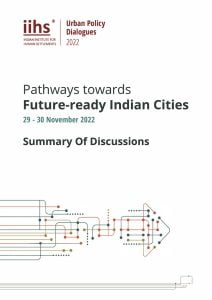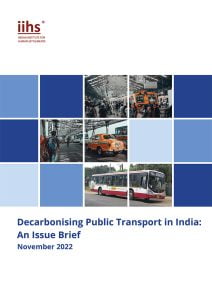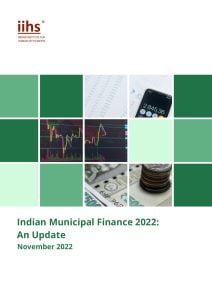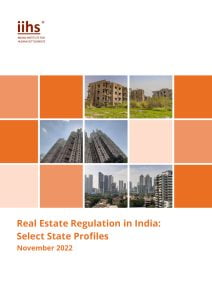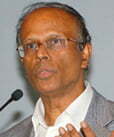 A Ravindra
A Ravindra
Chairperson, Centre for Sustainable Development (CSD), Bengaluru
Dr A Ravindra is an Indian Administrative Service (retired) officer from the 1965 batch. He retired as the Chief Secretary to Government of Karnataka in 2002 and was later advisor to the chief minister of the state on urban affairs. Currently, as Chairperson, CSD, his primary focus is on designing and developing methods and practices that enable sustainable development.
Dr Ravindra, during his tenure, as a civil servant, led the Karnataka urban development department and the Karnataka Urban Infrastructure Development and Finance Corporation, twice served as commissioner of the Bangalore City Corporation, and was chairperson of the Bangalore Development Authority. He has steered reforms in property tax, infrastructure development efforts, and the Kaveri water supply project.
Dr Ravindra holds a doctorate in urban studies and has several publications to his credit.
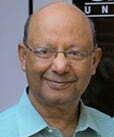 Keshav Varma
Keshav Varma
Chairperson, High-Level Committee on Urban Planning, Ministry of Housing and Urban Affairs (MoHUA), Government of India (GoI) | Chairperson, Sabarmati Riverfront Development Corporation
Keshav Varma is an Indian Administrative Service (retired) officer from the 1976 batch. Currently, he leads the High-Level Committee on Urban Planning set up by MoHUA and is Chairperson, Sabarmati Riverfront Development Corporation.
Keshav has had an extensive career with multiple roles across sectors. During his tenure as the Ahmedabad Municipal Commissioner, a Special Purpose Vehicle was set up to establish a riverfront project along the Sabarmati. He also worked on reforming the rules for business licenses, land use, and transparency in city operations during his stint as Municipal Commissioner.
Later, he joined the World Bank as Sector Director of East Asia Urban Development and Disaster Management in 1997. He is also founding director of the World Bank’s Global Tiger Initiative and founding president of the International City Managers Association of India.
Keshav has taught on urban practice and transformational leadership at Harvard, MIT, Clemson, and Duke.
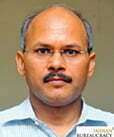 Surendrakumar Bagde
Surendrakumar Bagde
Additional Secretary, Ministry of Housing and Urban Affairs (MoHUA), Government of India (GoI)
Dr Surendrakumar Bagde is an Indian Administrative Service officer of the 1993 batch, currently serving as Additional Secretary, MoHUA.
In his extensive career, Dr Bagde has been General Manager, Brihanmumbai Mumbai Electric Supply and Transport Undertaking (BEST), worked on promoting domestic and foreign direct investment in various sectors in Maharashtra, and negotiated Government of Japan financing for a range of infrastructure projects at the Ministry of Finance. He was also instrumental in the formulation of state information technology and biotechnology policies during his stint with the Maharashtra Industrial Development Corporation.
Dr Bagde has a PhD in Applied Economics and Management from Carnegie Mellon University and various scholarly publications to his credit.
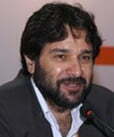 Tikender Panwar
Tikender Panwar
Former Deputy Mayor, Shimla
Visiting Senior Fellow, Impact and Policy Research Institute (IMPRI)
Tikender Panwar was elected deputy mayor of Shimla in 2012 and served in that capacity till 2017. He is presently a senior visiting fellow at IMPRI and an advisor to the Samruddha Bharat Foundation.
As deputy mayor, Tikender initiated work on a hazard vulnerability risk assessment, a resilience index, a comprehensive mobility plan, a city sanitation plan, and the Smart City project in Shimla.
Tikender has an interest in policy matters related to inclusive growth, social infrastructure, and making cities and citizens resilient. He is a guest faculty at several urban planning institutes and has extensively written on urban governance, environment and planning.





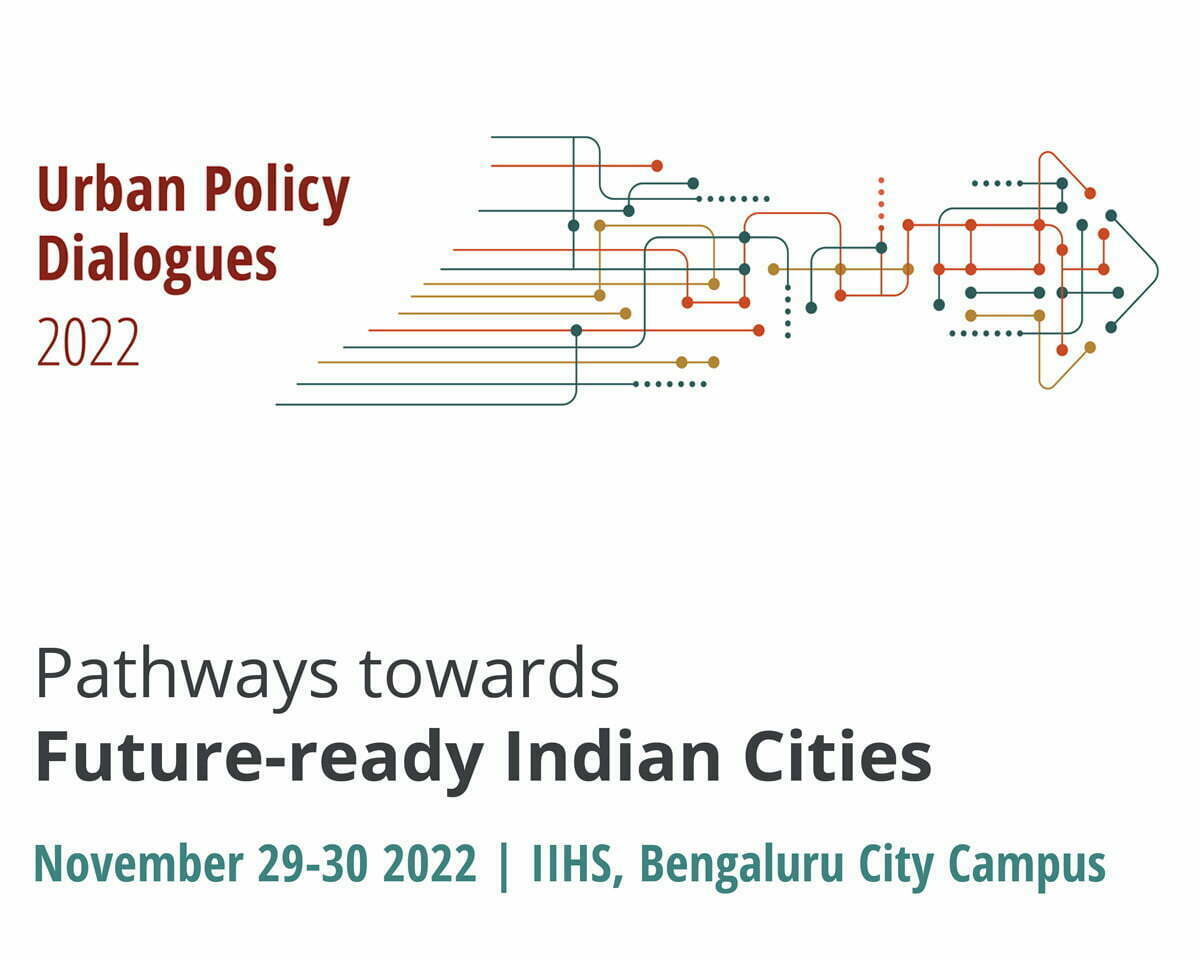
 A Ravindra
A Ravindra Keshav Varma
Keshav Varma  Surendrakumar Bagde
Surendrakumar Bagde Tikender Panwar
Tikender Panwar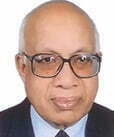 Om Prakash Mathur
Om Prakash Mathur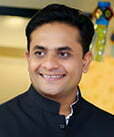 Vikrant Gojamgunde
Vikrant Gojamgunde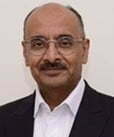 Krishnamurthy Vijayan
Krishnamurthy Vijayan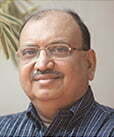

 Harpal Dave
Harpal Dave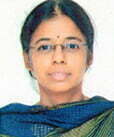 D Thara
D Thara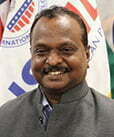 R K Srinivasan
R K Srinivasan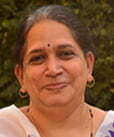 Amita Bhide
Amita Bhide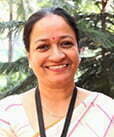 Indu K Murthy
Indu K Murthy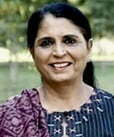 Darshini Mahadevia
Darshini Mahadevia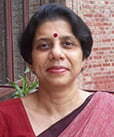 Purnamita Dasgupta
Purnamita Dasgupta